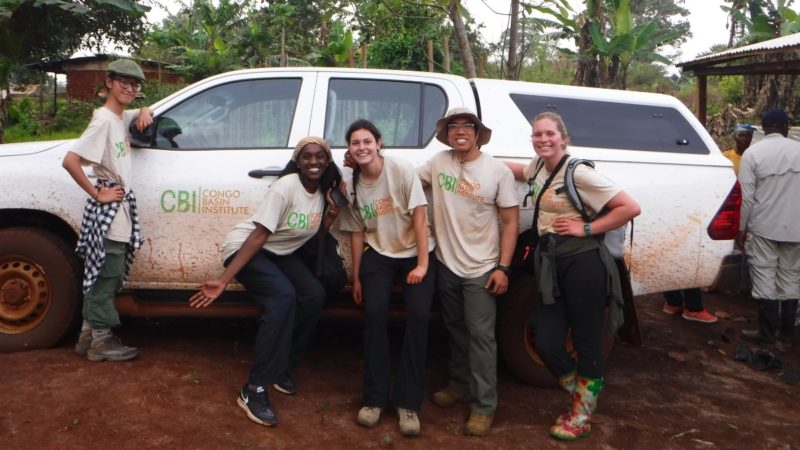Ebony has long been used by the guitar industry for components such as fingerboards. Over the years, a combination of market demands, poor economic conditions in supplying countries like Cameroon, and lack of sufficient forest management has caused ebony to be sold at a devalued rate, according to the Taylor Guitars website. Raising sustainable ebony presents a significant challenge: trees take up to 60-200 years to reach maturity. These factors have led to depressed economic conditions for suppliers, low worker wages and an environment of irresponsible procurement.
We partnered with Taylor Guitars and Madinter to develop a model for sustainable ebony production in Cameroon. In 2016-17, UCLA Practicum students initiated a preliminary study of the potential to make sustainable ebony production a reality in Cameroon, and proposed a series of specific pathways to meet this goal. This effort identified substantial gaps in our knowledge and available data on co-cropping techniques, domestic education and conservation efforts, as well as in community engagement and participatory development. Collaborating with researchers at the Center for Tropical Research and UCLA’s first international affiliate, the Congo Basin Institute, this year we will be working to create an economic model for sustainable ebony harvesting that makes sense for local communities, producers, and consumers, and will be gathering social and environmental data to close the gaps in our understanding of sustainable ebony production.
Specifically, we will focus on improving understanding of where and under what conditions West African ebony grows, along with its basic physical and growth characteristics. We will also conduct a comprehensive study of the ebony market and consumption around the world, analyzing ways to improve the efficiency of its use. Because ebony trees take so long to mature and become economically viable, increasing the number of healthy trees being cultivated while improving the short-term economic viability of growing ebony for local communities is critical to any future for sustainable practice.
Team: Laryssa Bulbenko, Kamala Eyango, Kathleen Knight, Jamie Liu, Alexa Sheldon, Justin Wynne
Advisor: Kevin Njabo
Client: Taylor Guitars
Taylor Guitars is committed to ensure its ebony is harvested legally and ethically, with a commitment to long-term sustainability.



